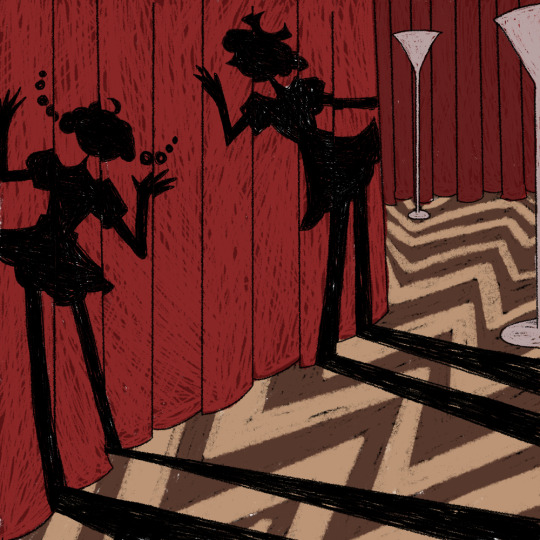Text


yeah
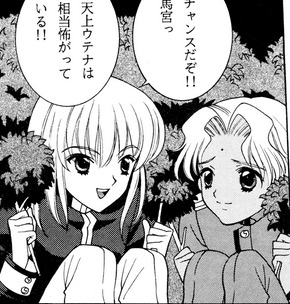

(my translations aren't accurate, by the way, I don't want my text to fill up the screen so I just went by vibes)
19 notes
·
View notes
Text
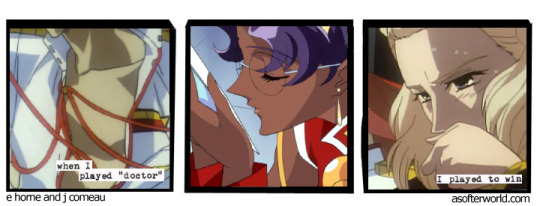
(everything is for you, but you are for power)
55 notes
·
View notes
Text

HAPPY BIRTHDAY SHIORI i hope you escaped the time loop so that you could make it to the 2010s and start a toxic girlblog
1K notes
·
View notes
Text



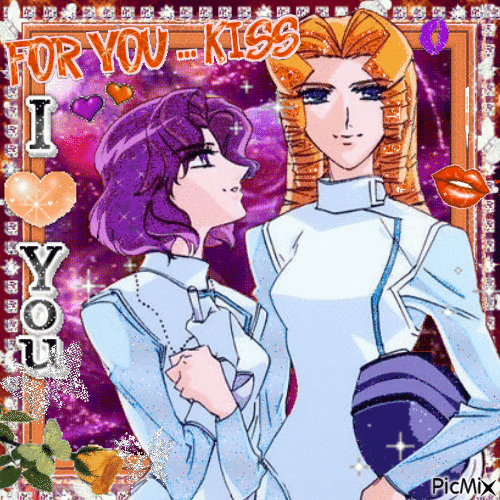
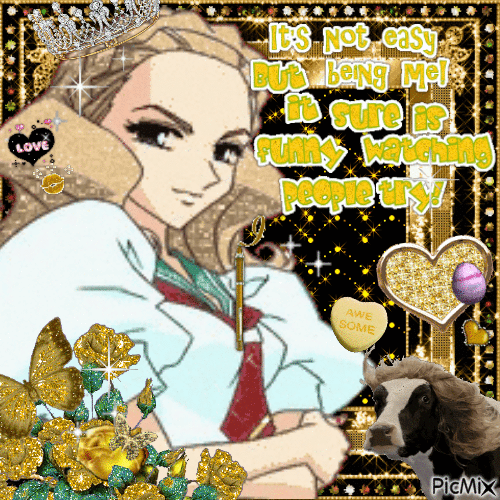
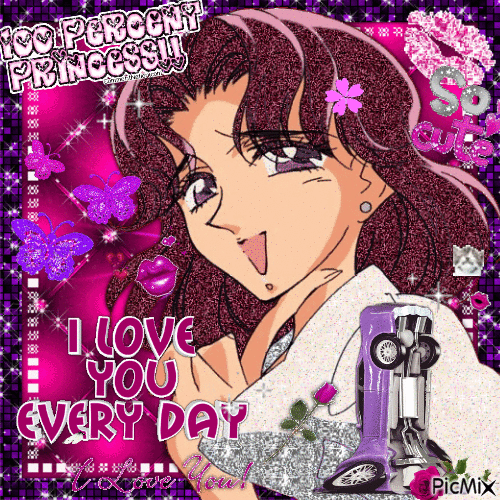



revolutionary girl utena picmix haul part 2
942 notes
·
View notes
Text

shiori sketch for @/sndjkcka on twitter ^_^
698 notes
·
View notes
Text
feel a little silly for not checking the anipike sku links before now… it's a pretty exhaustive! still found a few not listed though. that entire website is down + some links have nothing archived though so if only for my own easy access this links list im compiling will have some use. besides, it's fun. the only thing is that the list is getting so absurdly large i will probably have to divide it a lot, especially if i want to add descriptions and/or commentary or even just spotlight a few
#discovered the catch that bishonen site lol also chiho saito being an anime juri lover is a fun tidbit i discovered#fantastic little chibi sku characters out there too. lots of cool pages obviously… to the point that im dusting off my neocities account#do you know? lu has something to say!#surfing the sku web
6 notes
·
View notes
Text

screenshot redraw of a scene in ep 22 with nemuro! it will always be my favorite episode (though ep 23 is a close second)
109 notes
·
View notes
Text
not entirely sure if i buy into the "ruka isn't really real" reading of things but it does open up a whole world of new things to call him. juri's internalized homophobia demon, or even juri's internalized homophobia tulpa. her hetsona. her mansona. many hilarious options to consider
#thematically and symbolically though i do buy into it#ruka and shiori as two halves of one and that one being juri#ties into all of their duel themes. juri in general because a lot is said about her two sides and her hidden face and whatnot#like ruka is representative of her princely fencing cool and stoic and capable side. shiori is her emotional sad and gay side#and she tries very hard to be that princely figure. but he must die because in the end being that isnt attainable for her#or a good thing to be at all#do you know? lu has something to say!
7 notes
·
View notes
Text
Angel Creation, Namely Light: A New Translation
I was trying to do an analysis of this song, or at least parts of it, and I realized I would need to translate it myself to do that effectively.
Light of all creation. Mosaic light. The child of dawn, the angel Lucifer. Light of revelation. Michaelic light. The child of darkness, androgynous. Light of the flame. Heavenly light. The heavenly hierarchia*. Illusory light. Eternal light. A mechanism of fantasy. A birth from a whim.
Nyx (moonless night). Erebos (twilight*). Uranus (starry sky). Thanatos (death).
Brightly shining, spherical and androgynous. Born in every miracle***, androgynous. The pleasure principle. The nirvana principle****.
Without themselves living, Life's images move. In the cerebral universe, Life's forms float*****. Radiance, dokesis******. Awaiting eternity! In other words, return to an imperfect origin.
Both sexes, both poles: The pair of me. Up and down, left and right: The pair of me. Front and back, heaven and earth: The pair of me. Angel and devil: The pair of me.
Inside, I'm hollow. Inside, I'm hollow.
Translation notes:
*When I looked up "Hierarchia" in Japanese characters, I found out--and my source is kotobank--that the first usage of the word Hierarchia is from De Coelesti Hierarchia (The Celestial Hierarchy) by Pseudo-Dionysius the Areopagite. However, Seazer uses a different word for heaven than is used in the text's Japanese title, which is why I didn't use "Celestial" in my translation, nor did I capitalize.
**Literally, the word in parentheses means semidarkness like you would see at twilight (I just thought "twilight" sounded more poetic than "semidarkness"). However, if you add just one more character, it becomes a word for the land of the dead. Actually, even without that additional character, that is an additional meaning that the word can have.
***This is the phrase I am least sure about in the entire song. Out of all the different ways this line has been translated, I am not convinced there is one "right" version. At least, not based on the actual words on the page--perhaps someday someone will uncover a resource that will be the key to deciphering that line, but as it stands, it's ambiguous whether it should be in, into, for, by, as... it's just not clear.
****This entire stanza is a reference to Freud's essay Beyond the Pleasure Principle. Freud claimed that there were two conflicting drives in human nature, the pleasure principle, which encompasses the striving for life, its extension, and its propagation, and the nirvana principle, which encompasses the striving towards death. He argued this by claiming that all organisms are driven to recreate prior states of being, and nonexistence was the earliest state of being of all. He also brought up a myth Plato attributed to Aristophanes, saying that it fit his theory in that it claimed that sexual drives are an attempt at recreating a prior state of oneness with one's partner, and so he speculated that the myth might somehow reflect the reality of how sexual reproduction evolved in the ancestors of all plants and animals. In the myth in question, primordial humans were spherical and some were androgynous, but all ended up being broken into pairs, which could be male/male, male/female (these were the originally androgynous pairs), or female/female. It explains love and sex as attempts to reunite with our literal other halves.
*****The first, second, and fourth lines of this stanza are direct quotes from Goethe's Faust. Although the Japanese translation doesn't have action verbs, I included them because the original German does. I checked with a native German speaker to make sure my translation of these lines wasn't too off from the original.
******仮現 is not a word on its own, but it is the beginning of the word 仮現説 which is the Japanese word for a "heretical" Christian doctrine, docetism: the belief that the body of Christ that died on the cross was not his real human body, but either an illusion, or a body of celestial substance only, and therefore his human self did not really suffer and die on the cross, but only appeared to.
17 notes
·
View notes
Text
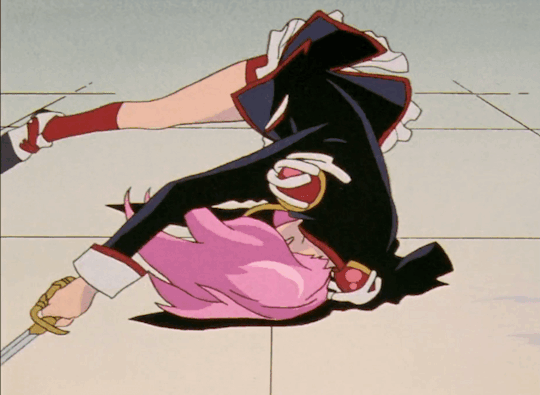
infinitely looping gif of utena rolling around
14K notes
·
View notes
Text
Alchemy, Gnosticism, and Revolutionary Girl Utena
In many Gnostic scriptures, Sophia, whose name means Wisdom, fell bc she tried to create something through her own "independent thought," without her consort, alternately described as her sibling or twin, who is the Logos/Word of God that was eventually incarnated as the Christ. What she created was a half-formed demiurge that mistakenly thought itself to be the only being in existence & created the "evil" material world. Depending on what version you read, Sophia then either "sunk into matter" (a literal fall from grace) or went down on purpose in order to do damage control.
In some versions it is Sophia who breathed life, spirit, into the two beings the demiurge had shaped from clay, & she who convinced Eve to disobey the demiurge (who wanted to keep humanity in ignorance) and eat from the Tree of Knowledge of Good and Evil, though she was unable to prevent Eve being made subordinate to Adam. At least one text explicitly condemned the patriarchal order as being based on "a lie" (since Eve wasn't made from Adam's rib in this story), despite still portraying it as a consequence of a woman stepping outside her assigned role.
"And the Word became flesh." Like Sophia, it "sunk into matter," but while the "matter" in her case was the entire material universe, Christ was contained within a single human body.
In sum, the narrative is that through stepping out of her assigned role, she brought the abuse of "the world" on herself, and if spends thousands of years atoning, she'll eventually be rescued by a prince she can believe in God's grace.
Carl Jung was very influenced by these Gnostics. He believed that Sophia represented something that existed in every man, and that anyone could become a prince Christ. Because each person is a microcosm of the whole universe--which is an ancient idea, one that the Gnostics probably believed too--he believed that every man had a Sophia within himself, waiting to be rescued, and he could do so by embodying the Christ principle. It's worth noting also that while he believed the psyches of men and women were different, some of the original Gnostics called for women to take on masculine traits and roles--one text even talked about Mary Magdalene being "made male" by Christ, though this is generally taken to be a metaphor).
The idea of Abraxas being a "god above God" who encompassed both the Christian God and the Christian devil is something that Hermann Hesse got from Jung. It's actually an idea that Jung got from reading something that was mistranslated rather than an authentic Gnostic belief. Still, many people have found it compelling.
The Western alchemists also believed in something they called Sophia or Wisdom, often personified as feminine, which, if one gained accessed to by proving oneself worthy, would grant them the power of God (citing parts of the Hebrew Bible, such as the book of Proverbs, as evidence) to live forever, reverse aging, transform matter, heal any disease, and sometimes even to create life. The alchemists' "great work" was often depicted as a "Chymical Wedding" in which the alchemist, or else an allegorical figure representing something within the alchemist, would "marry" Sophia and obtain these miraculous powers.
These alchemists differed from this strain of ancient Gnostics in that, first, they didn't see Sophia as being guilty of anything, and second, they did not view the material world as intrinsically evil, as to them it was the creation, not of a flawed demiurge, but of a perfect and complete Godhead. In fact, it was this act of creation that they sought to replicate on a microcosmic level in their oratory-laboratories.
Jung also wrote quite a bit about the psychological aspect of alchemy and how the transformation of matter represented the transformation of the human spirit.
Incidentally, the idea of a female alchemist was not unheard of even in ancient times, though it was uncommon in practice. There are legends of an amazing Jewish woman alchemist named Miriam (translated as Maria, Mary, etc) who lived in ancient Egypt. I couldn't tell you if she was real or not, but it's entirely possible! The bain-marie was named after her.
Anyway, if you've ever wondered why one of the Utena albums has "Sophia" in the name and what the "I am Sophia; Sophia is me" lines in Astragalus Earth Backgammon (a song from that album) were about...
24 notes
·
View notes

